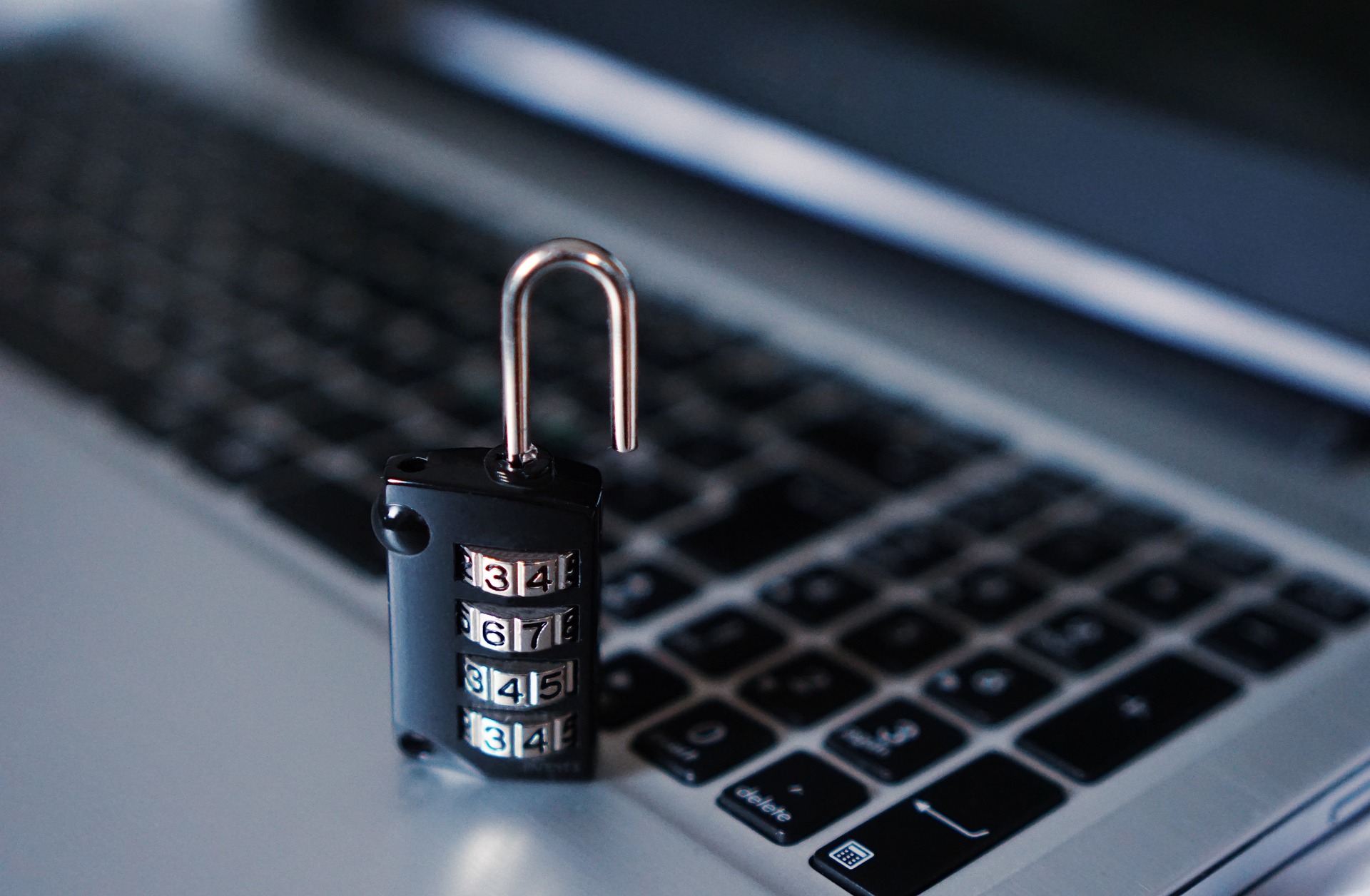Understanding Self-Sovereign Identity
In an increasingly digital world, where personal information is frequently shared and stored, the concept of self-sovereign identity has gained significant attention. This innovative approach to identity management empowers individuals with control over their own digital identities, allowing them to share only the necessary information while maintaining their privacy and security. This article will delve into the depths of self-sovereign identity, exploring its significance, benefits, challenges, and potential applications.
Table of Contents
- Introduction
- What is Self-Sovereign Identity?
- The Core Principles
- How Does It Work?
- Benefits of Self-Sovereign Identity
- Enhanced Privacy and Security
- Reduced Identity Theft
- User-Centric Approach
- Challenges to Consider
- Interoperability Issues
- Adoption Barriers
- Use Cases of Self-Sovereign Identity
- Blockchain Technology and Self-Sovereign Identity
- The Future of Identity Management
- Conclusion
- Frequently Asked Questions (FAQs)
1. Introduction
In a world where digital interactions are becoming increasingly integrated into our daily lives, managing personal identities has become more complex than ever. Traditional identity management systems often involve the centralization of personal data, leaving individuals vulnerable to data breaches and privacy infringements. This is where self-sovereign identity steps in.
2. What is Self-Sovereign Identity?
Self-sovereign identity refers to a decentralized approach to identity management, where individuals have complete control over their digital identities. Unlike conventional systems where third parties store and manage personal information, self-sovereign identity allows individuals to store their own data, making it accessible only when and to whom they choose.
3. The Core Principles
At its core, self-sovereign identity is built upon four fundamental principles:
Ownership
Individuals have ownership and control over their identity information. They decide who can access their data and for what purpose.
Portability
Self-sovereign identity allows individuals to carry their identity with them across various platforms and services, eliminating the need for redundant data collection.
Interoperability
It promotes interoperability between different identity systems, enabling seamless and secure data exchange.
Consent
Individuals must provide explicit consent for their data to be accessed, ensuring that personal information is shared only with trusted entities.
4. How Does It Work?
Self-sovereign identity leverages blockchain technology and cryptographic techniques to ensure security and privacy. Each individual is assigned a unique identifier that is linked to their personal data stored on a distributed ledger. This data can only be accessed with the individual’s private key, giving them full control over who can access their information.
5. Benefits of Self-Sovereign Identity
Enhanced Privacy and Security
Traditional identity systems often store sensitive data in centralized databases, making them attractive targets for hackers. Self-sovereign identity’s decentralized nature significantly reduces this risk.
Reduced Identity Theft
With individuals controlling access to their data, the risk of identity theft is mitigated. Personal information is not concentrated in a single location, making it harder for cybercriminals to compromise.
User-Centric Approach
Self-sovereign identity shifts the focus from institutions to individuals. It empowers users to decide who gets access to their data, enhancing user autonomy.
6. Challenges to Consider
Interoperability Issues
Achieving seamless data exchange between various self-sovereign identity systems requires standardized protocols—a challenge that the industry is actively addressing.
Adoption Barriers
Widespread adoption hinges on users’ willingness to manage their own identities. Some individuals may prefer the convenience of traditional systems.
7. Use Cases of Self-Sovereign Identity
Healthcare
Patients can have full control over their medical records, securely sharing them with healthcare providers when needed.
Education
Self-sovereign identity can streamline the process of verifying educational credentials, reducing administrative burdens.
Digital Identity for the Unbanked
People without traditional identification can establish digital identities, opening doors to financial services and more.
8. Blockchain Technology and Self-Sovereign Identity
Blockchain’s immutability and encryption make it an ideal technology for self-sovereign identity. It ensures data integrity and enhances security.
9. The Future of Identity Management
As the world becomes more digital, the need for robust identity solutions grows. Self-sovereign identity is poised to revolutionize how we manage and protect our identities.
10. Conclusion
Self-sovereign identity presents a paradigm shift in identity management. By giving individuals control, it addresses many of the vulnerabilities of traditional systems. As the technology matures and gains wider acceptance, the vision of a more secure, private, and user-centric identity ecosystem comes closer to reality.
11. Frequently Asked Questions (FAQs)
Q1. Is self-sovereign identity completely immune to hacking?
No system is completely immune, but self-sovereign identity’s decentralized and encrypted nature makes it significantly more resilient to hacking.
Q2. How does data recovery work if an individual loses their private key?
Data recovery mechanisms are being explored, but they must balance security and convenience carefully.
Q3. Can self-sovereign identity be used for government-issued IDs?
Yes, several pilot projects are exploring the use of self-sovereign identity for official government documents.
Q4. What role does cryptography play in self-sovereign identity?
Cryptography ensures that data remains confidential and can only be accessed by authorized parties holding the correct keys.
Q5. How will businesses adapt to verifying identities under this new system?
Businesses may rely on trusted third-party identity verification services that interact with self-sovereign identity systems to streamline the process.
Contact us today and schedule a demo.


